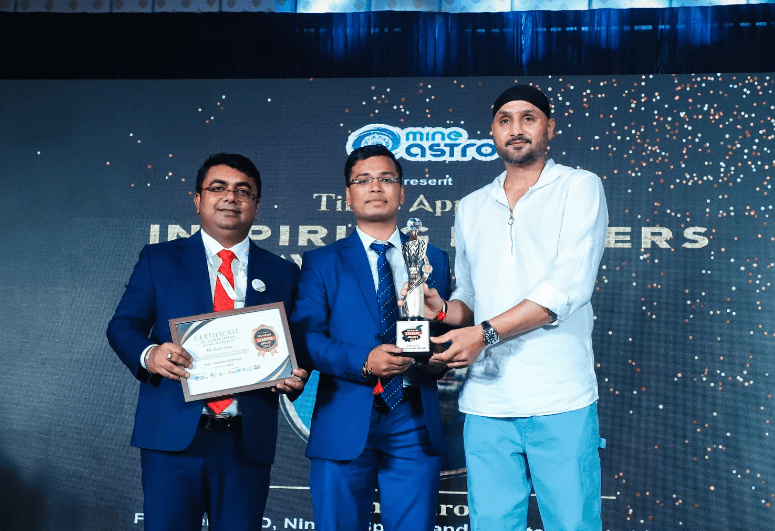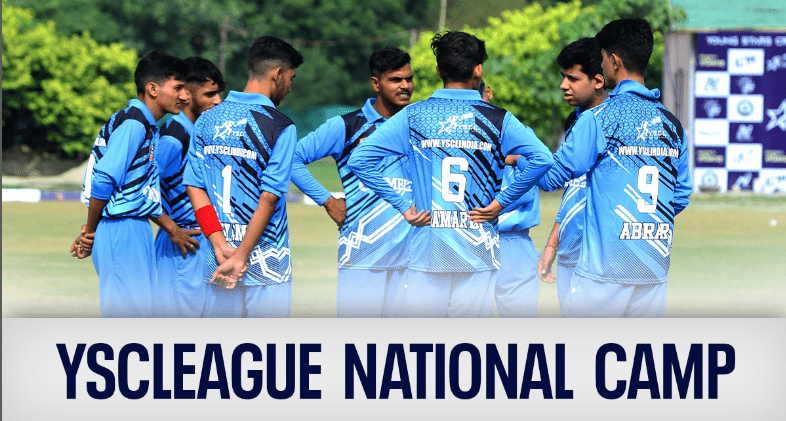
The Board of Control for Cricket in India (BCCI) is exploring the possibility of appointing former New Zealand captain and current Chennai Super Kings (CSK) head coach Stephen Fleming as the next head coach for the Indian men’s cricket team. With Rahul Dravid’s tenure coming to an end post the T20 World Cup, the BCCI is keen to find a successor who can manage all three formats of the game.
Fleming’s Impressive Track Record
Stephen Fleming’s impressive resume includes five IPL titles with CSK and a reputation for improving players and fostering a healthy team environment. Since becoming the head coach of CSK in 2009, Fleming has established himself as a globe-trotting T20 coach, having also coached Melbourne Stars in the Big Bash, Joburg Super Kings in SA20, Texas Super Kings in Major League Cricket, and Southern Brave in The Hundred.
Man-Management and Technical Prowess
Fleming’s ability to bring the best out of players through excellent man-management skills and creating a positive environment has drawn the attention of BCCI bigwigs. His success at CSK, where he has been the longest-serving coach, is a testament to his effectiveness. Under his leadership, players like Shivam Dube have flourished, and his leadership programs have benefitted many Indian domestic players.
Challenges and Considerations
Despite the admiration for Fleming within the BCCI, there are significant challenges to his potential appointment. The role requires a commitment of 10 months a year, overseeing the team in all three formats, which may conflict with Fleming’s busy schedule. In July alone, he is expected to juggle responsibilities in Major League Cricket and The Hundred, both running simultaneously for a week.
Informal Discussions and Senior Players’ Preference
According to sources, informal discussions about the role have already taken place during the IPL. However, Fleming has yet to communicate any desire to leave CSK, where he is highly valued and likely to be encouraged to extend his stay. Additionally, India’s senior players reportedly favor a coach with Fleming’s pedigree and technical knowledge, which would be advantageous for the next generation of players expected to form the team’s core in the coming years.
BCCI’s Strategic Dilemma
The BCCI’s insistence on a single head coach for all formats contrasts with the approach taken by other cricketing nations like England, Pakistan, and South Africa, which have split coaching roles between red-ball and white-ball formats. This one-coach strategy stems from India’s integrated player pool across formats.
Future Prospects
If the BCCI cannot secure Fleming, it remains to be seen whom they will consider next. The decision will be crucial as India prepares for a period of transition across all formats. Whether Fleming will take on this comprehensive role or if the BCCI will have to look elsewhere, the next few months will be pivotal for Indian cricket’s coaching landscape.



